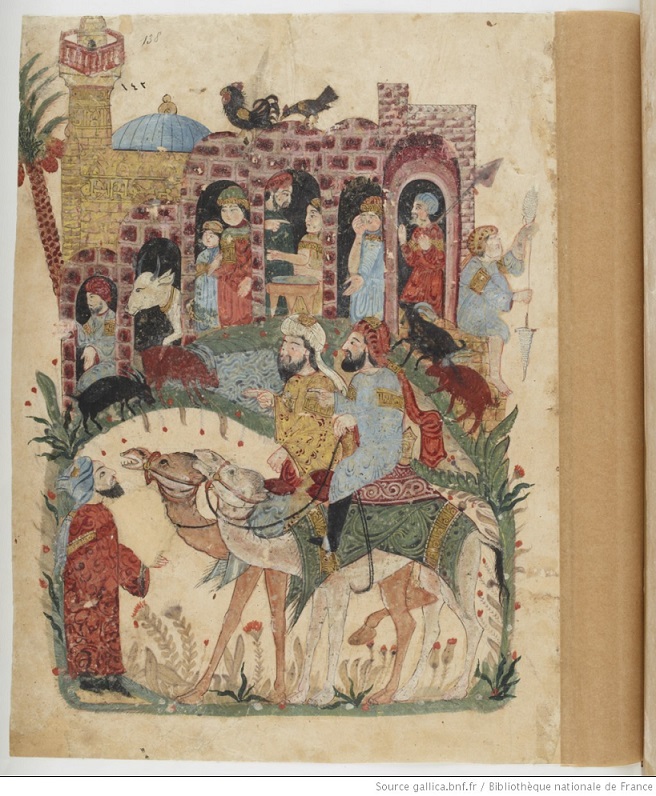Home - Kinship and Community in the Early and Medieval Islamic Mediterranean
The formation and rearrangement of confessional communities following the Islamic conquests brought new tensions and opportunities to the relationship between individuals, kinship attachments, and confessional memberships. The Kinship and Community Research Group aims to explore the overlapping and competing loyalties between kinship and confessional commitments in early and medieval Islamic dominated lands, with a particular focus on the Mediterranean Basin. The group will discuss, among other things, whether blood and marriage ties posed a challenge or offered an opportunity for confessional leaderships that sought to enjoin the members of their respective communities to pay primary allegiance to the qahal, ecclesia, and umma. How kinship (real or fictive) was used by laymen to resist or affirm such communities?
The group will engage in a joint study of texts of diverse confessional provenance and genre, from Zoroastrian legal works, early Islamic traditions, to Christian hagiography and Jewish documents of practice. We are interested in exploring the tension between kinship and community in different topics, such as:
- Socialization processes (rites of passage, education, etc.);
- Gender roles, sexuality and reproduction.
- Display of emotions.
- Property rights and transfer
- Individual agency.
- The organization of physical space (private, familial, communal and public).
- Violence, law and persuasion.
These themes will be studied with close attendance to their literary manifestations, in particular the nature of the sources (e.g. narrative vs. documentary, genre, and circulation), literary patterns (e.g. tropes, topoi, and scriptural allusions), and objectives (e.g. edifying, regulating, and condemning).
This research group is organized and led by Dr. Uriel Simonsohn of the University of Haifa and Dr. Oded Zinger from the Martin Buber Society of Fellows at the Hebrew University. The group is supported through a generous grant from the Haifa Center for Mediterranean History (HCMH).
You can read more about this in Kinship Encounters: People and Ideas in the Medieval Islamicate World.
For more information, contact us:
Dr. Uriel Simonsohn, usimonsohn@gmail.com
Dr. Oded Zinger, odedzinger@gmail.com




